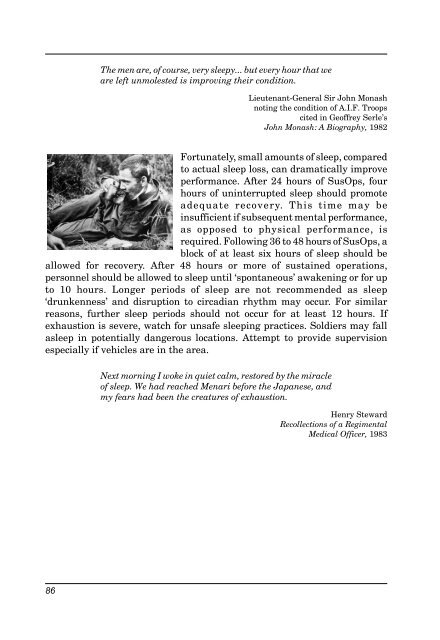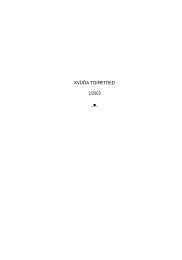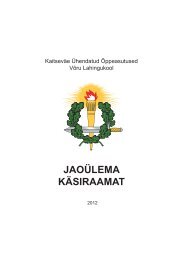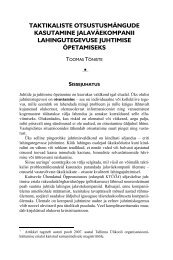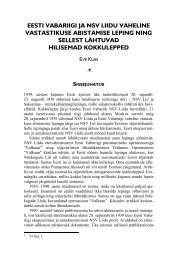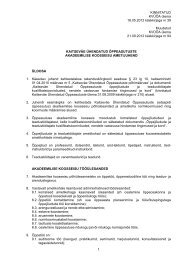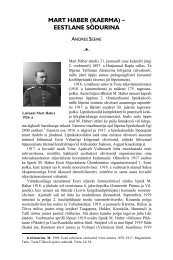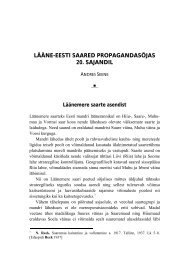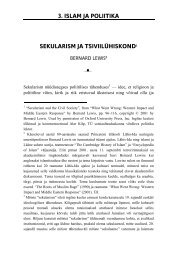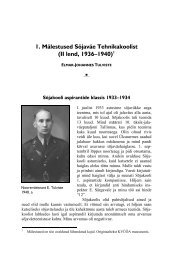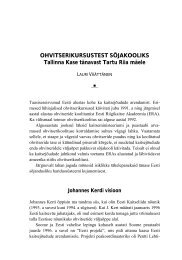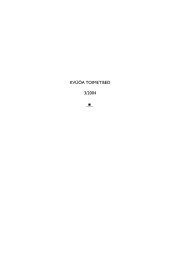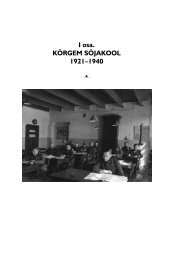Fatigue Management
Fatigue Management
Fatigue Management
You also want an ePaper? Increase the reach of your titles
YUMPU automatically turns print PDFs into web optimized ePapers that Google loves.
The men are, of course, very sleepy... but every hour that we<br />
are left unmolested is improving their condition.<br />
Lieutenant-General Sir John Monash<br />
noting the condition of A.I.F. Troops<br />
cited in Geoffrey Serle's<br />
John Monash: A Biography, 1982<br />
Fortunately, small amounts of sleep, compared<br />
to actual sleep loss, can dramatically improve<br />
performance. After 24 hours of SusOps, four<br />
hours of uninterrupted sleep should promote<br />
adequate recovery. This time may be<br />
insufficient if subsequent mental performance,<br />
as opposed to physical performance, is<br />
required. Following 36 to 48 hours of SusOps, a<br />
block of at least six hours of sleep should be<br />
allowed for recovery. After 48 hours or more of sustained operations,<br />
personnel should be allowed to sleep until ‘spontaneous’ awakening or for up<br />
to 10 hours. Longer periods of sleep are not recommended as sleep<br />
‘drunkenness’ and disruption to circadian rhythm may occur. For similar<br />
reasons, further sleep periods should not occur for at least 12 hours. If<br />
exhaustion is severe, watch for unsafe sleeping practices. Soldiers may fall<br />
asleep in potentially dangerous locations. Attempt to provide supervision<br />
especially if vehicles are in the area.<br />
Next morning I woke in quiet calm, restored by the miracle<br />
of sleep. We had reached Menari before the Japanese, and<br />
my fears had been the creatures of exhaustion.<br />
Henry Steward<br />
Recollections of a Regimental<br />
Medical Officer, 1983<br />
86


